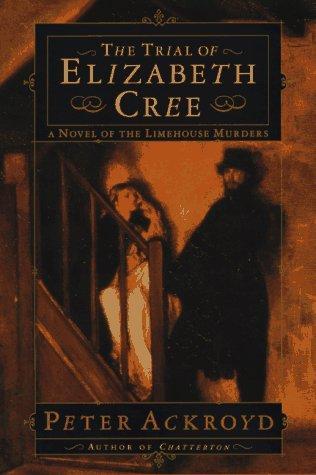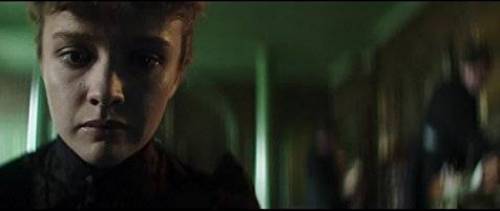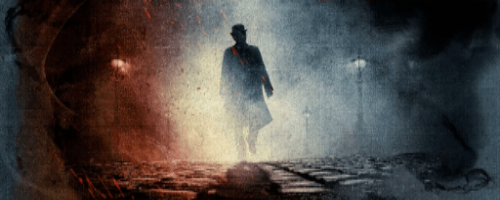What do you think?
Rate this book


261 pages, Paperback
First published January 1, 1994



But it is the great thoroughfare, Oxford Street itself, which haunts De Quincey’s imagination. In his Confessions it becomes a street of sorrowful mysteries, of ‘dreamy lamplight’ and the sounds of the barrel organ; he remembers the portico where he fainted away from hunger, and the corner where he and Ann would meet in order to console each other among ‘the mighty labyrinths of London.’ That is why the city and his suffering within it became – if we may borrow a phrase from that great modern poet Charles Baudelaire – the landscape of his imagination. It is this interior world which he places within ‘On Murder Considered as One of the Fine Arts’ – a world in which suffering, poverty and loneliness are the most striking elements. By chance it was in Oxford Street, also, that he first purchased laudanum – it could be said that the old highway led him directly to those nightmares and fantasies which turned London into some mighty vision akin to that of Piranesi, a labyrinth of stone, a wilderness of blank walls and doors.
Horror is the true sublime. The common people and even the middling classes profess to be sickened or alarmed by my great career but, secretly, they have loved and admired each stage of it. Every newspaper in the country has dwelled reverentially upon my great acts, and sometimes they have even exaggerated them in order to satisfy the public taste – in a sense they have become my understudies, who watch every move and practice every line. I once worked on the Era, and I know how absurdly gullible newspaper reporters can be; no doubt they now believed in the Limehouse Golem with the same fervor as everybody else, and willingly accepted that some supernatural creature was preying upon the living. Mythology of a kind has returned to London – if indeed it ever really left it. Interrogate an inhabitant of London very carefully, and you will find the remnants of some frightened medieval churl.

Ackroyd has pulled off the greatest coup of all . . . The man who juggles genres with supreme assurance has bought into one, gone straight and written a four-square, copper-bottomed crime novel which should assure his election to the Detection Club . . . All in all, Ruth Rendell and P.D. James can count themselves lucky that Peter Ackroyd has made it a point of honour never to repeat himself!
This was the dream of Charles Babbage -- a computer built more than a hundred years before any of its modern counterparts, which now gleamed like a hallucination in the light of September 1880. The scientists and professional mechanics of the nineteenth century had instinctively turned away from it, without realizing why they had done so: this engine was not in its proper time and, as yet, could have no real existence upon the earth.
